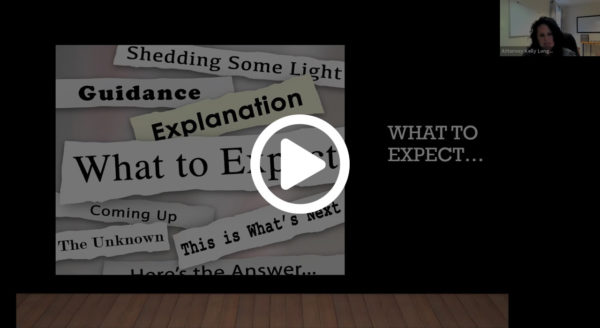Most people understand that having some sort of an estate plan is a good thing. However, many of us do not take the first steps to get that estate plan in place because we do not understand the nuances between a will and trust – and dying without either.
Here is what will generally happen if you die, intestate (without a will or trust). For this example, we are assuming you have two children, but no spouse:
- If you die intestate, your accounts and property will go through probate and all the world will know what you owned, what you owed, and who got what. Your mortgage company, car loan company, and credit card companies will all seek payment on balances you owed at the time of your death.
Keep in mind that since your death has been published to alert valid creditors, it is not uncommon for predators (fake creditors) to come forth and make demands for payment – even if they are not owed anything.
After that, state law will decide who gets what and when.
- For example, if your only heirs are your two children and you have not provided any instructions, state law will mandate divvying up proceeds equally.
- Your older child will get their share immediately if they have attained adulthood (18 or 21 years, depending on state law).
- But, the court will appoint a guardian to manage the money for your minor child until that child becomes an adult.
- Shockingly, that guardian can charge a lot of money for their services and be a total stranger.
- If you die without a valid will, the court, not you, will decide who raises your minor child.
The bottom line? Dying intestate allows state law and the court to make all the decisions on your behalf – regardless of what your intent might have been. Publicity is guaranteed

